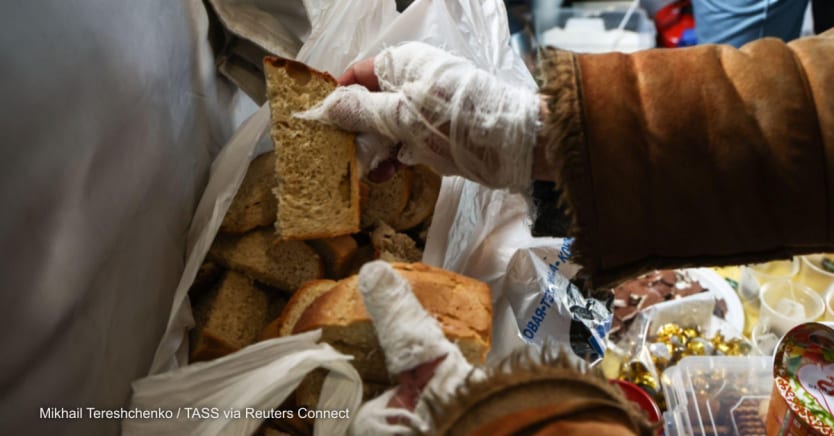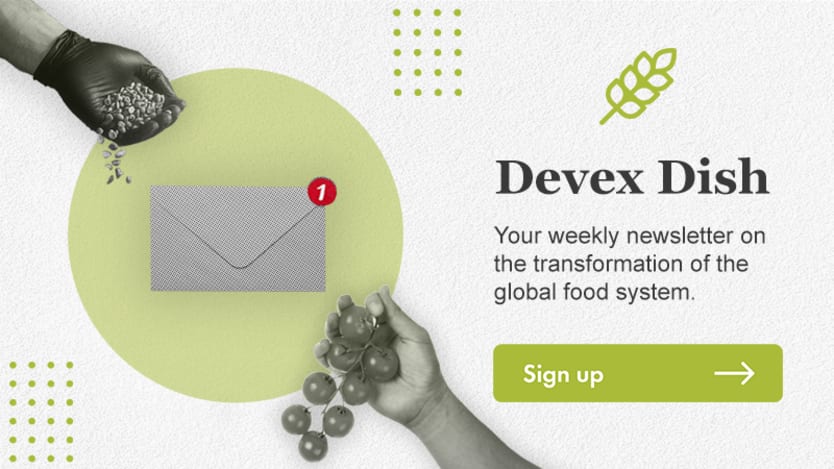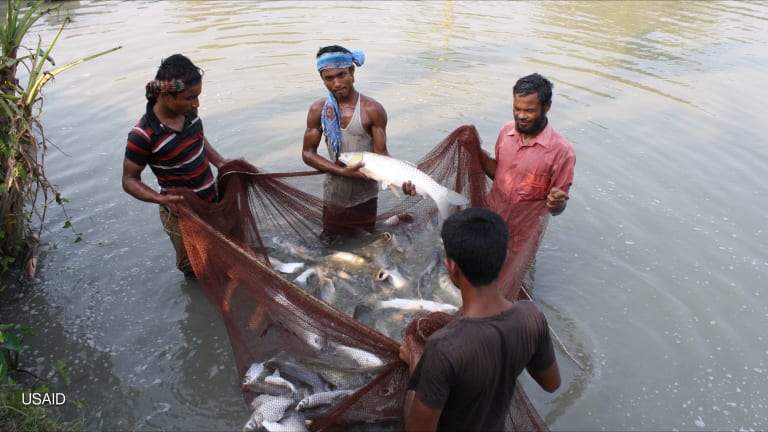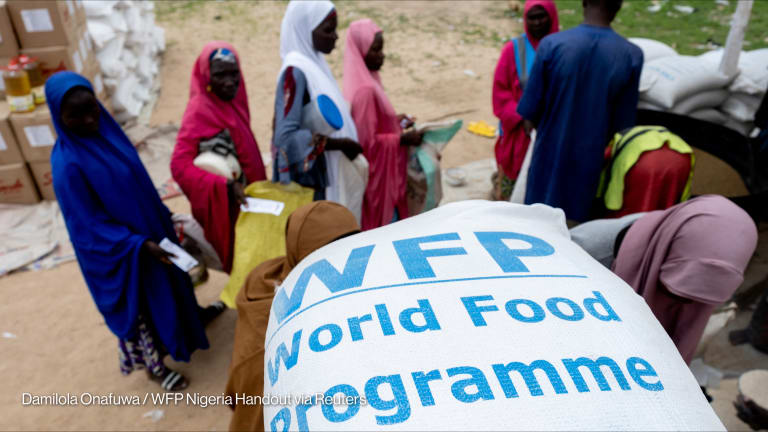
Food insecurity is rising across the globe amid the Russia-Ukraine crisis. The two countries collectively export approximately 25% of the world's wheat. Russia is also a significant contributor to the fertilizer industry, accounting for 13% of global output.
Changes in exports, coupled with the rising fuel prices, will invariably affect food manufacturers’ processing and transportation costs, and this will make even the most basic food, like bread, unaffordable. Governments, global food and trading companies, and the development sector must undertake urgent collaborations to minimize the impact of these compounding effects on the most vulnerable in our communities.
There are three critical steps that these entities can take now to curb a food crisis, taking lessons from the COVID-19 pandemic and the 2007-2008 world food crises. Back then, commodity prices dramatically increased, leading to riots in many cities around the world. Meanwhile, global food companies and commodity traders experienced historic revenue growth and profitability amid the hardship that affected the most vulnerable. This time, we must do better.
First, all governments must share data on their food reserves for priority value chains — which, as of the early months of this year, include wheat, maize, rice, sugar, and soy — and the expected output from upcoming harvests.
This data collection must go beyond the commodity exchanges and the agricultural agencies of specific, powerful countries to include all nations, leveraging digital technology. The data should be collated and shared by an independent and trusted agency — such as the Food and Agriculture Organization or International Food Policy Research Institute, also known as IFPRI — so that governments can collectively understand where there are excesses and shortages, while also ensuring a more equitable distribution of food.
Nations can look to the COVAX initiative — co-led by Gavi, the Vaccine Alliance; the Coalition for Epidemic Preparedness Innovations; and the World Health Organization — that has aimed to guarantee fair and equitable COVID-19 vaccine access for every country in the world. The early interventions of these agencies working together facilitated global vaccine distribution starting in 2021.
A similar collaboration is urgently needed in the international community to ensure the equitable sale and distribution of food commodities. According to IFPRI, wheat from Argentina, Australia, Canada, and Kazakhstan may fill the deficits created by the loss of production from Ukraine — though at a higher price, due to longer shipping routes and increased transportation costs triggered by elevated oil prices. However, this will require that governments partner on easing international trade, curtailing their nationalistic agendas for the greater global good.
Get the inside track on how agriculture, nutrition, sustainability, and more are intersecting to remake the global food system in this weekly newsletter.
Already we are learning of countries taking swift action to limit exports and protect their markets. Argentina, for instance, has started limiting exports and instituted a mechanism to control domestic wheat prices and temper food inflation.
Instead, Argentina and similar countries should be encouraged to partner with other wheat producers to share data and redistribute their excess commodities to locations where they are most needed.
Second, policymakers must work with their farmer and trade organizations to enhance domestic productivity and food self-sufficiency, while also creating an enabling environment for private sector investment in the agri-food sectors.
Climate change, COVID-19 pandemic lockdowns, and global shipping challenges have already heightened food vulnerability across the world, and this has been further reinforced by the Russia-Ukraine crisis. Egypt, one of the world's largest importers of wheat, has already indicated that it will soon have just eight months of wheat reserves and is taking action to manage domestic usage and enhance local production.
We may not be able to control the duration of this crisis, but we can influence how the most vulnerable in our communities survive.
—To minimize their exposure to shocks, countries must continue to invest in competitive local alternatives to globally traded commodities. Nigeria, for example — under the leadership of Akinwumi Adesina, during his tenure as minister of agriculture — previously developed cassava flour as an alternative to wheat for bread production. Similarly, investments in locally sourcing soil health inputs would minimize the dependency on imported chemical fertilizers.
These forms of strategic interventions need to be sustained through investments in local research and development, as well as incentives — beyond the emergence of other crises — that spur the commercialization of innovations.
Finally, big food businesses, global trading and shipping companies, wholesalers, and retailers must collaborate to ease the free flow of commodities and food, limiting hoarding and price gouging.
Despite the temptation to maximize revenue during an apparent window of opportunity, all key stakeholders — including commodity exchanges and global industry associations — must enforce clear rules of engagement around behaviors that hurt consumers and competition. Global and local nonprofits must also hold the private sector accountable for "doing well by doing good" during these uncertain times.
Russia’s invasion of Ukraine has caused immense hardships for their citizens, disrupted food ecosystems, and created ripple effects across the globe. Governments, commodity exchanges, farmer and industry associations, research institutes, big food businesses, commodity trading and shipping companies, wholesalers, and retailers must act collaboratively and swiftly. Clearly, we may not be able to control the duration of this crisis, but we can influence how the most vulnerable in our communities survive, based on our action and inaction.









